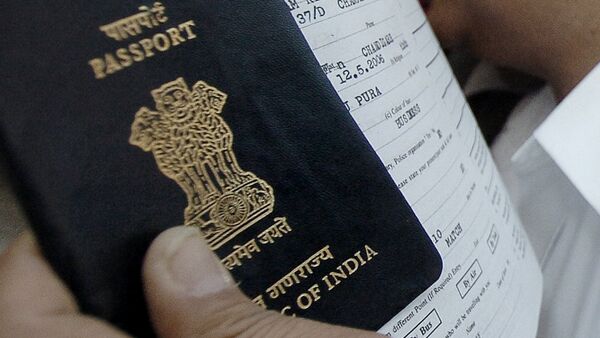Asif works at a restaurant in Mumbai, is married to an Indian woman and has three children. Asif says he applied for Indian citizenship seven times but has failed to get a response. His last application is currently pending before the Indian government. He applied for an Indian passport in 2012, but the authorities rejected the application and asked Karadia to apply for a long term-visa (LTV).
The LTV was extended twice and it was valid till December 2015. He applied for another extension, but this time the authorities demanded that he submit a proof of his Pakistani passport. Asif, however, has no Pakistani passport or any other valid identity documents issued by the Pakistani government because he was brought to India by his mother when he was still an infant and has stayed there since.
Asif was handed a deportation notification following which he filed a plea before the Bombay High Court for extension of his LTV. His counsel even argued that Asif was entitled to an Indian citizenship by virtue of descent, registration, and by the principle of naturalisation, all provided for in the Indian Citizenship Act.
However, the court rejected the plea on grounds that Asif did not have a Pakistani passport and a visa couldn't be issued without a passport. The court also held that "even if a person is entitled to an Indian citizenship, he or she cannot, at any given time, be authorised to reside in the country without valid papers."
The court has also ordered an inquiry into how the Government has been issuing long term visas (LTV) for so many years when the man has neither an Indian nor a Pakistani passport.
"In fact, we are surprised to know that even though the petitioner has no passport, he claims that the government of India had earlier granted him LTV and extended the same from time to time. This needs to be investigated," the bench said. The court is likely to take up the matter for further hearing on January 17 next year.




